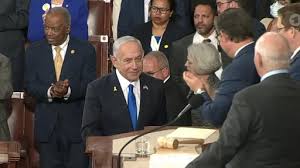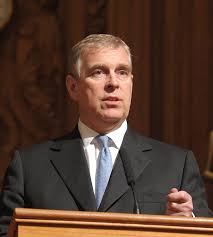Netanyahu’s Leadership and Its Impact on Israel’s Future

Introduction
Benjamin Netanyahu, the Prime Minister of Israel, has been a central figure in Israeli politics for decades. As one of the longest-serving leaders in Israel’s history, his policies and leadership style have reshaped the country’s political landscape significantly. In light of recent developments, understanding Netanyahu’s approach to national and international issues remains crucial for comprehending the future trajectory of Israel.
Recent Political Developments
On October 7, 2023, Hamas launched a surprise attack on Israel, leading to a complex geopolitical crisis that has further intensified the nation’s security concerns. Netanyahu faced increasing scrutiny from both the public and opposition leaders regarding his handling of security issues and military preparedness. This incident has reignited discussions about his government’s policies and their effectiveness in ensuring the safety and stability of the nation.
In response to the attack, Netanyahu initiated a robust military operation aimed at dismantling Hamas’s operational capabilities. This decisive military action garnered mixed reactions domestically and internationally, causing some allies to express their support, while critics raised concerns about potential escalations and civilian casualties.
Domestic Reactions
The scale of the attack has led to widespread calls for accountability from Israeli citizens, many of whom feel unprepared for such a sudden outbreak of violence. Protests erupted in major cities, demanding Netanyahu’s resignation and accusing him of neglecting national security. The current administration is being challenged not only by opposition parties but also by civil society groups advocating for reforms and increased security measures.
International Implications
Netanyahu’s response to the crisis is also influencing Israel’s relations with other countries, particularly regarding peace negotiations with the Palestinians. The attack has brought international focus back to the Israeli-Palestinian conflict, and many world leaders are eager to mediate a return to dialogue. However, responses have varied, as some countries express solidarity with Israel’s right to defend itself, while others call for restraint and a focus on diplomatic solutions.
Conclusion
As Netanyahu navigates through this tumultuous period, his leadership decisions will significantly impact Israel’s future both internally and externally. The ongoing conflict with Hamas and the resultant political pressure will likely shape his administration’s priorities moving forward. The international community is closely monitoring these developments as they could alter not only regional dynamics but also affect global geopolitics, especially concerning alliances and peace efforts in the Middle East.









